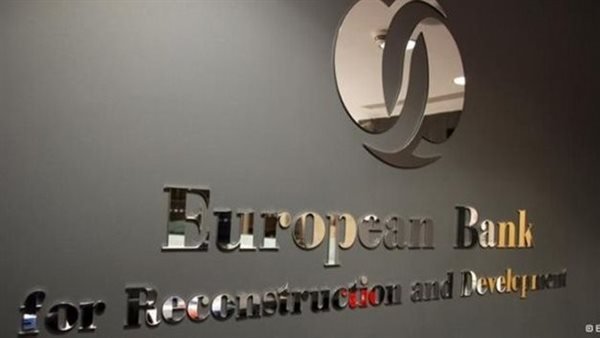
The global recovery of industrial policies aimed at promoting or protecting domestic interests threatens international cooperation and may harm poorer countries in particular, the European Bank for Reconstruction and Development said in an annual report.
The annual Transformations Report, which this year examined data affecting trade in 140 countries, found a “remarkable global rebound” in strategic interventions designed to shape countries’ economies.
“Industrial policy is back with a vengeance,” Beata Javorczyk, chief economist at the European Bank for Reconstruction and Development, said in an interview. “It is back in rich countries as well as in emerging markets.”
Such policies often include state-backed grants or loans or subsidies to local industry; 90% of these policies in advanced economies and EBRD regions discriminate against foreign interests in favor of local interests.
The report found that such policies have increased rapidly since 2019 due to factors including promoting the green transition, following the lead of major economies such as China or the United States, and because citizens increasingly support a greater state role in the economy.
The report found that while such policies can be effective, when not carefully managed they risk undermining equality of opportunity.
“This means that industrial policy could become a force that pushes the world toward fragmentation,” Javorczyk said.
The report, issued by the Office of the Chief Economist at the European Bank for Reconstruction and Development, was the first to be compiled by it using artificial intelligence, which researchers used to analyze data from the Global Trade Alert database.
Economic turmoil in recent years — due to globalization, automation, the green transition and now artificial intelligence — has amplified support for state intervention even further — especially among those born before 1975, Javorsek said.
She stressed that the increasing use of such policies in low-income countries that have limited administrative capabilities is particularly worrying, as these countries tend to choose the “most distortive,” such as import or export bans or export licenses, which brings the risk of corruption.



